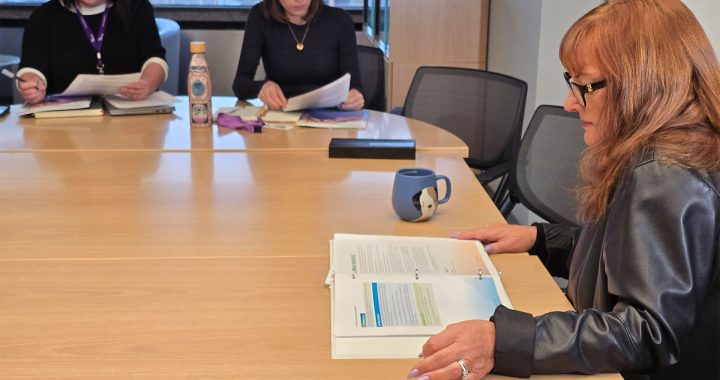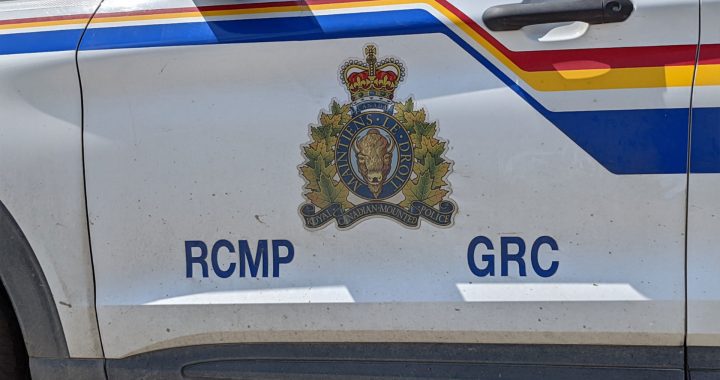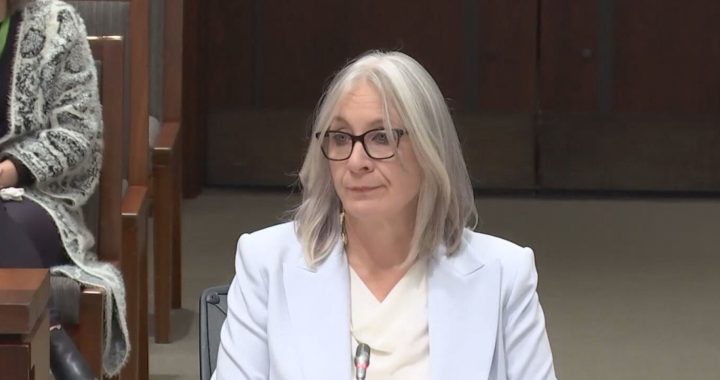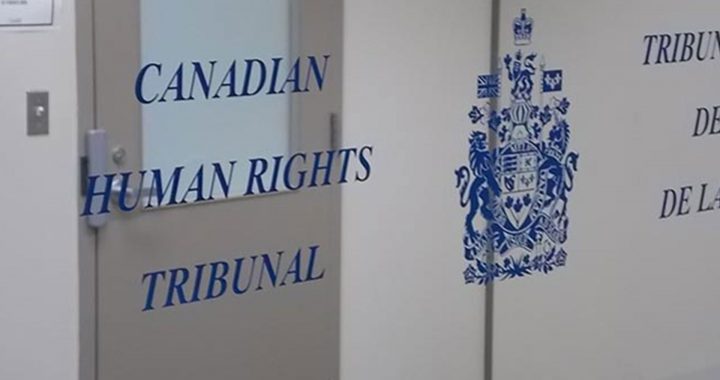First Nations leaders in northern Ontario are calling on the Ford government to come to the table and settle a long-standing treaty annuities dispute.
The annual payment has been stuck at $4 per person since 1875.
In a decision released last week, an Ontario appeal court ruled both the federal and provincial governments should come to the table to negotiate.
Court documents say the Trudeau government is willing to do so but Ford’s Conservatives are not ruling out further litigation.
“We know it is the time now for the Government of Ontario to embrace the reality, to embrace the facts, to embrace the history and also embrace the rule of law,” Robinson-Huron Treaty representative Duke Peltier said in a Sudbury news conference Tuesday morning.
Northern leaders have been haggling with governments for an annuity increase in court for close to two decades.
They say if the Ontario government is genuine about reconciliation, it will settle the matter out of court.
“The majority of these judges strongly urge the parties to negotiate a modern agreement for the implementation of the treaty,” Batchewana First Nation Chief Dean Sayers said at the same news conference. “Finding that is more likely to produce a strong, renewed treaty relationship and stating that reconciliation will not be achieved in the courtroom.”
Read More:
Chiefs slam Ontario, call on Queen’s Park to stop appealing treaty annuities case
The Robinson-Huron Treaty was signed in 1850 by Anishinaabe bands and the Crown.
It provides for the surrender of a large portion of what is now northern Ontario.
In return, the treaty requires the Crown to make annual payments, or annuities, to the Anishinaabe peoples.
The treaty states the annuity may increase from time to time.
In an emailed statement, a spokesperson for Ontario Attorney General Doug Downey said, “Ministry counsel are reviewing the decision. Any party wishing to appeal the decision has 60 days from the date of the decision to deliver a notice of application for leave to appeal and all necessary materials to the other parties and to the Supreme Court of Canada.
“As this matter is within an appeal period and remains before the courts, it would be inappropriate to comment further.”









